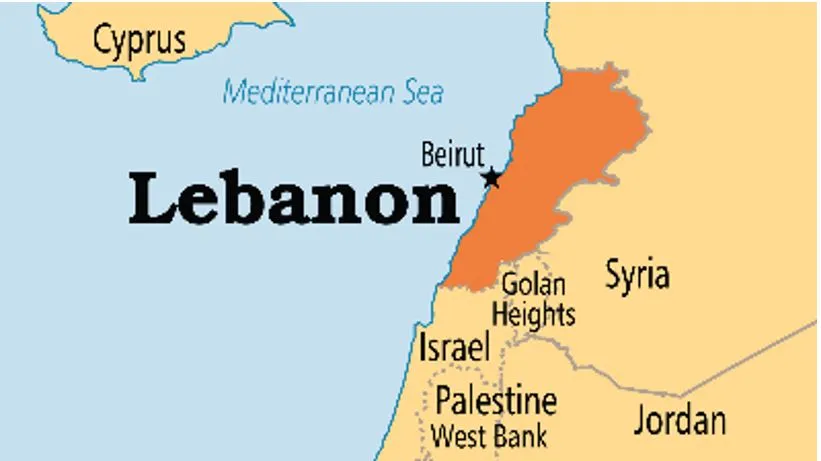

24th September 2024 (14 Topics)
Context
Recent violence between Israel and Hezbollah has led to significant casualties (at least 492 deaths) in Lebanon, marking one of the deadliest days since the 2006 conflict. The situation has escalated following attacks from both sides, with fears of broader regional conflict intensifying.
Background on Hezbollah and Israel Relations
- Rocket Attacks: Following the assassination of a Hezbollah commander, the group retaliated by launching hundreds of rockets at Israel, which responded with airstrikes and increased military presence.
- Military Warnings: The Israeli military has urged residents in southern Lebanon to evacuate as it prepares for an expanded campaign against Hezbollah, leading to a significant exodus of civilians.
- Leadership Statements: Israeli officials maintain that they do not seek war but assert their right to defend their citizens, highlighting the presence of Hezbollah weapons stored in civilian areas.
Potential for Regional Escalation
- Concerns of War: While both sides have not officially declared war, tensions remain high, with Israel's Prime Minister vowing to protect northern communities and respond decisively.
- Pressure Dynamics: Analysts suggest that Hezbollah's actions may be aimed at pressuring Israel into negotiations with Hamas, particularly given the high casualties in Gaza since October 7.
- Military Disparities: Despite Hezbollah's extensive arsenal, Israel's superior military capabilities may limit Hezbollah's ability to escalate the conflict effectively.
Understanding Hezbollah
- Hezbollah, meaning “Party of God,” emerged during the Lebanese Civil War, backed by Iran, and opposes Israel and Western influence in the region.
- Military Strength: Described as the world's most heavily armed non-state actor, Hezbollah possesses a vast array of rockets and military equipment, with estimates of around 130,000 rounds currently in its arsenal.
- Political Role: Hezbollah has significant political influence in Lebanon, holding 13 seats in Parliament, but faces increasing opposition domestically amid economic struggles.
About Location (Lebanon)
|
More Articles



